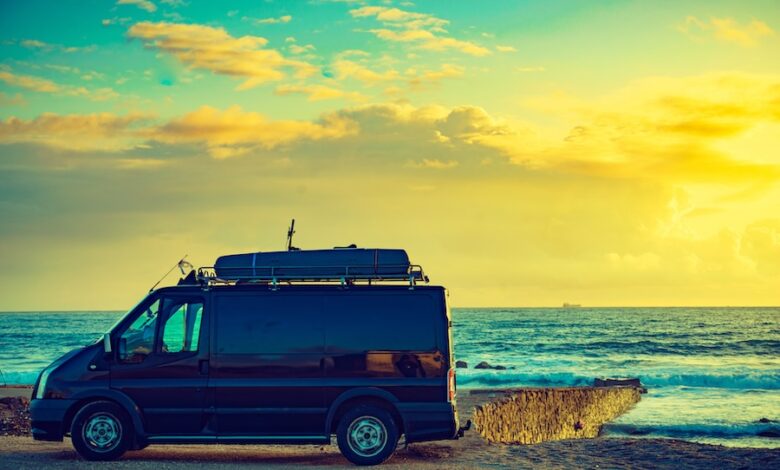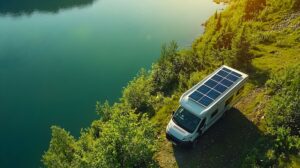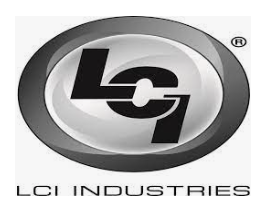The Hidden Problems With RV Solar Power & How To Avoid Them
Wesco explores common RV solar power issues and offers advice on how to avoid energy shortfalls when traveling off-grid.

It sounds simple enough. To leverage a renewable energy source like solar power for your customer’s next RV journey, simply calculate the amount of power needed to keep the RV operational and ensure you have the right panels, controllers and batteries to support it. But that calculation could leave you in the lurch. The reality is that solar power wasn’t designed for RV use. In fact, the first modern solar cell was developed 70 years ago, and despite regular advancements in cell technology, the surrounding components in a solar panel have remain unchanged for decades.
Traditional solar power mechanisms were built for static scenarios, such as massive, open solar fields or panels housed on the tallest city skyscrapers. Conversely, RV travel is dynamic, and not every route or every site will provide the necessary sunlight needed to make solar panels effective. And it’s not always shade that can cause issues. Parking in full sun in hot climates can exacerbate other issues, often requiring more power to cool and operate the RV than is generated by the panels.
Be Prepared for the Challenges of RV Solar Power
Since the early 1990s, solar technology has relied on a built-in safety feature that, while critical, is also one of the leading causes of solar panel failure — the bypass diode. If one cell stops working or is shaded by an air-conditioner, a tree or snow, the other cells may overheat and cause a fire hazard. To prevent this from happening, bypass diodes in the panel will shut down entire strings of cells to preserve the integrity of the panel. The problem is that by doing so, power output is immediately reduced by almost 90%. That’s a significant decrease for any RV, but especially detrimental for off-grid travelers who may be relying on solar energy to power their journey. Plus, today’s RVs have more “smart” appliances and power-hungry features than their predecessors. Ensuring power performance and availability is critical to truly be able to go off-grid.
New advancements in solar technology can make solar power more reliable for those headed off-grid. For example, one innovation lets the flow of current continue through the shaded cells, without safety risks. Optivolt’s patented balancing technology uses power electronics that are built into the panel to enable shaded cells to “borrow” power from nonshaded cells, opening a current path that maximizes panel output when the panel is shaded. This keeps every cell productive and reduces the risk of failure.

This technology also eases the burden on your overall electrical system (charge controller, battery, inverter), enabling the panel to work as efficiently as possible and extending the lifespan of the panels themselves by eliminating bypass diodes and hot spots. Balancing technology provides a solution that is universally compatible with any maximum power point tracking (MPPT) solar controller, offering simplified wiring, making it easy to use and install.
Case Study: Smarter Solar Panels
Let’s take a closer look at a case study. An RV owner had 900 watts of solar panels and an MPPT controller accompanied by a 24-volt, 600Ah battery and inverter. With Optivolt, they were able to generate 1,350 more watt-hours of energy per day than the traditional panel alone. They also reduced their overall lifetime cost of solar per watt generated, both panels and components, by 58%. Balancing technology can provide what every off-grid traveler needs — a more dependable and reliable source of energy and one that can keep functioning over an extended period of time.
Stable power resources are vital, especially if your customer is looking to RV off-grid. But traditional solar power components were not designed for shade-blocking situations and often cannot produce the level of power needed. New applications that can be purchased aftermarket eliminate the hidden challenges of generating solar power and provide RVers with the chance to truly go off-grid.



